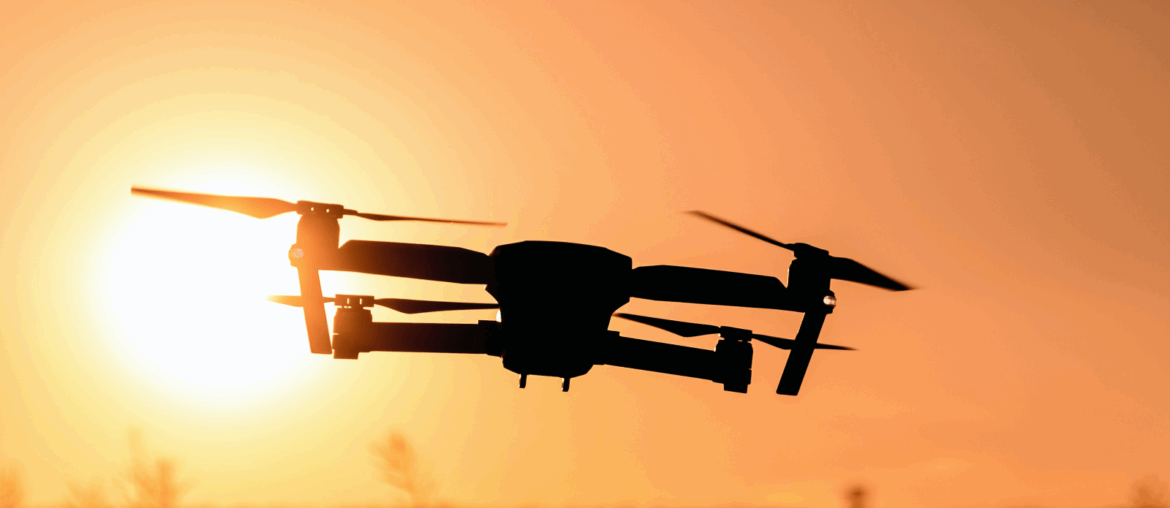|
Getting your Trinity Audio player ready...
|
State Statutory Protections
Wis. Stat. § 942.10 expressly prohibits using a drone “with the intent to photograph, record, or otherwise observe another individual in a place or location where the individual has a reasonable expectation of privacy”
Wis. Stat. § 175.55 restricts law enforcement: drones cannot be used to gather evidence or conduct surveillance in privacy‑protected areas without a search warrant, except in emergency situations such as search and rescue or preventing imminent harm
Wisconsin Legislative Documents.
Additional Restrictions
Weaponized drones are banned under Wis. Stat. § 941.292
Operators face prohibitions against reckless operation, flying while intoxicated, or interfering with private property usage
Why Is Unauthorized Drone Surveillance Illegal—and Unacceptable?
- Privacy Invasion at Low Altitudes
While the federal FAA permits over‑flight of private property in public airspace (e.g. up to 400 ft), Wisconsin law adds a privacy overlay: capturing images or observing people in places where privacy is expected—say, a fenced backyard, bedroom window, or inside a home—violates § 942.10 even if the drone stays above federal altitude limits - Targeted Surveillance Is Intentional Crime
The law focuses on intent—using a drone to observe a specific individual in a privacy‑protected setting. Broad, incidental footage may be allowed, but directed surveillance is disallowed. Wisconsin courts view such intent as the distinguishing factor that triggers criminal liability. - Law Enforcement Requires Warrant
Wisconsin raises the bar above federal aerial‑surveillance precedents (e.g. California v. Ciraolo). Even law enforcement needs a warrant to use drones when surveilling privacy‑protected locations—unless narrowly tailored exceptions apply (e.g. imminent danger or prisoner escape).
Illustrative Scenarios
- Peeping with a Drone
A hobbyist hovers a drone low to capture video of a person sunbathing in their backyard, purposefully filming their private property. That person has a reasonable expectation of privacy, and the operator likely can be charged under § 942.10. - Unlawful Recording Through Windows
Capturing footage of individuals inside residences or enclosed patios—even if the drone remains outside—is illegal if done intentionally and without consent. - Commercial or Recreational Over‑flight vs. Privacy Breaches
Flying for aerial photography or mapping may be legal under FAA rules, but if the drone operator intentionally records someone in a space like their backyard or bedroom view, state law prohibits it—even over public airspace.
Legal Consequences
Unlawful drone surveillance is a Class A misdemeanor in Wisconsin: punishable by up to 9 months in jail and/or fines.
Private citizens and businesses have the right to file criminal complaints; municipal ordinances (e.g. in Hudson or Green Bay) may also impose local fines for violations.
Shooting down a drone is not lawful—Wisconsin does not permit property owners to use force against drones. Doing so could expose someone to criminal charges themselves under weapons or endangerment laws.
Broader Context & Ethical Concerns
- Drone Technology Versus Conventional Air Surveillance
Traditional airplane overflights allowed under the “open‑fields” doctrine are very different from drone surveillance. Drones can linger at low altitude, zoom near windows, and precisely track individuals—raising serious Fourth Amendment concerns. As courts observe, drones offer new capabilities beyond what a passing aircraft can do. - Human “Bycatch”
Even when not intentionally targeting someone, drone footage may capture bystanders or neighbors unintentionally. This “human bycatch” poses privacy risks. Some advocate automatic blurring or pixelation to reduce risk, Wikipedia.
Guidance: What to Do If Your Privacy Is Invaded?
Document the incident: Note description of drone, time, operator if visible.
Report it to local law enforcement: Operators may be charged under § 942.10.
Check for municipal rules: Some cities have local ordinances making privacy violations easier to enforce.
Seek legal advice: If harmed or concerned, you may consult an attorney for options including civil claims or restraining orders.
Responsible Drone Use & Privacy Best Practices (for Operators)
Don’t fly with intent to record people in private settings.
Always seek written consent from property owners before flying over private land—even if at permitted altitude.
Avoid low-altitude flights near homes, windows, backyards.
Abide by state rules: no flying intoxicated or recklessly, and never weaponized drones.
If operating commercially, follow FAA’s Part 107 rules; for recreational use, complete the TRUST test and register your machine > 0.55 lbs.
Conclusion
Wisconsin law clearly forbids the intentional use of drones to photograph or observe individuals in places where they have a reasonable expectation of privacy. Whether you’re a neighbor worried about unauthorized footage or a drone operator navigating the rules, understanding § 942.10 and § 175.55 is essential. Violators face criminal penalties, and victims have legal recourse. As drone technology evolves, respecting privacy remains paramount.
